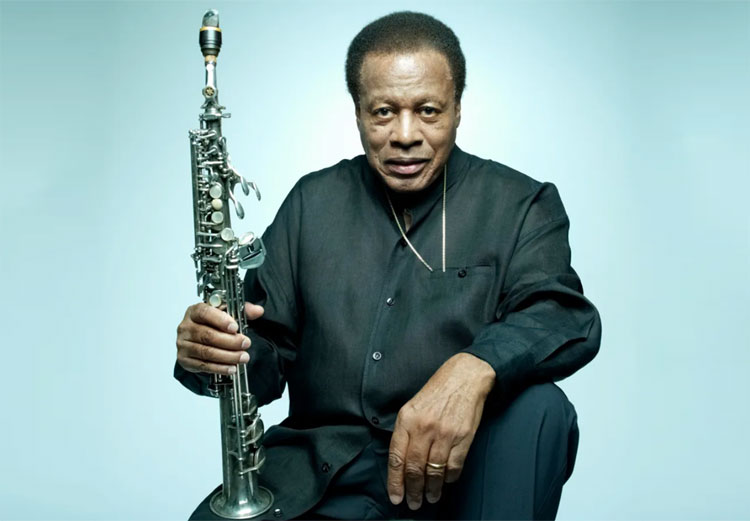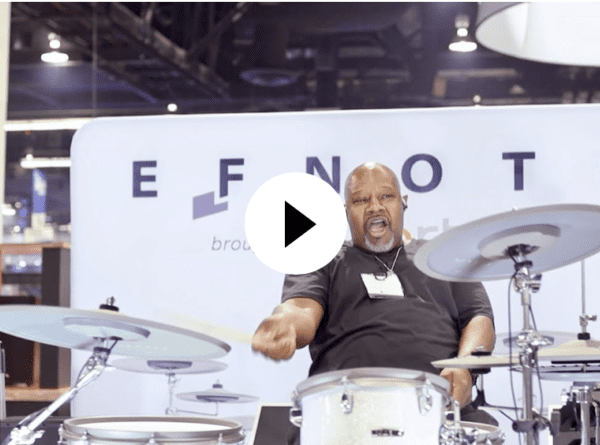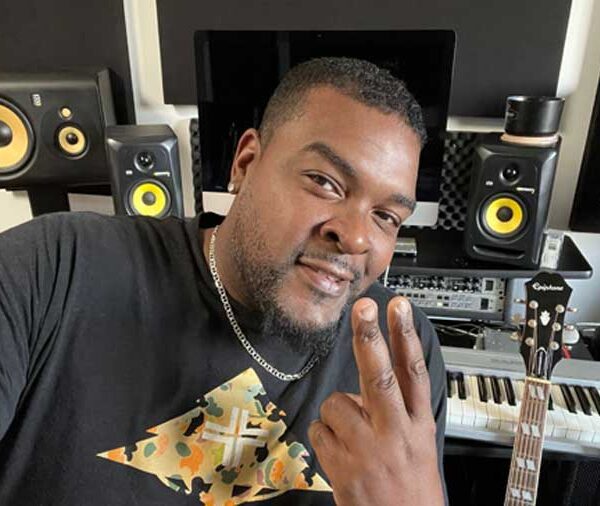
Shorter came to prominence in the late 1950s as a member of, and eventually primary composer for, Art Blakey’s Jazz Messengers
Wayne Shorter played some of the most beautiful sax tones, soprano and tenor, ever heard both live and on record. Native Dancer, a collaboration with Milton Nascimento released in 1975, remains in permanent rotation in my vinyl collection. The world is a better place from his influence. RIP.
“Wayne Shorter is not only one of jazz’s greatest composers but its angel of esotericism, an enlightened and arcane elder.” The New York Times
Wayne Shorter, called a genius, a trailblazer, a visionary, was born on August 25, 1933 in Newark, New Jersey. He studied at New York University and served in the U.S. Army. He spent brief periods in the Horace Silver quintet and the Maynard Ferguson big band before his first major association, with Art Blakey’s hard-bop Jazz Messengers. Miles Davis convinced Shorter to join his quintet in September 1964, thus completing the lineup of a group whose biggest impact would leapfrog a generation into the ’80s.
Staying with Miles until 1970, Shorter became the band’s most prolific composer at times, contributing tunes like “E.S.P.,” “Pinocchio,” “Nefertiti,” “Sanctuary,” “Footprints,” “Fall,” and the signature description of Miles, “Prince of Darkness.” Herbie Hancock said: “The master writer to me, in that group, was Wayne Shorter. He still is a master. Wayne was one of the few people who brought music to Miles that didn’t get changed.”
Following the release of Odyssey of Iska in 1970, Shorter formed Weather Report. The band produce many high-quality recordings in diverse styles, with funk, bebop, Latin jazz, ethnic music, and futurism being the most prevalent denominators. After leaving Weather Report in 1986, Shorter continued to record and lead groups in jazz fusion styles.
In 2000, he formed the first permanent acoustic group under his name, a quartet with pianist Danilo Perez, bassist John Patitucci, and drummer Brian Blade, playing his own compositions. Four albums of live recordings have been released: Footprints Live; Beyond the Sound Barrier; Without a Net; and Emanon, with the latter, in addition to live material, including Shorter’s quartet in a studio session with the 34-piece Orpheus Chamber Orchestra.
Wayne Shorter’s works have been performed by the Chicago Symphony, Detroit Symphony, Lyon Symphony, National Polish Radio Symphonic Orchestra, Orpheus Chamber Orchestra, Prague Philharmonic and Royal Concertgebouw Orchestra. He has received commissions from the National, St. Louis, and Nashville Symphony Orchestras, the Los Angeles Philharmonic and the La Jolla Music Society.
Shorter has realized over 200 compositions and dozens of these works have become modern standards.




